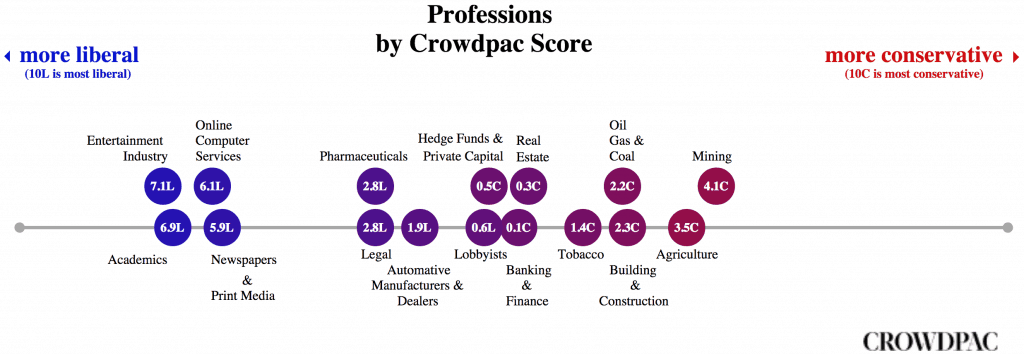I‘ve become tired of being ‘nice’. So two years ago, okay, I got hypnotised. And this is basically the result of that. Now I call it like I see it. I don’t really care if I offend people. If they want to be stupid and remain ignorant, then that’s there perogative. Fine by me.
But don’t expect me to shut up and listen to you without calling you out on it. What am I talking about? This is what I am talking about. It is pretty hard to watch.
What kind of BULLSHIT is this? Seriously. The first thing I do is look up people’s credibility. And what do I see with this “Lord Muck” fellow? I see a degree in classics (languages). And another one in journalism. Not that there’s anything wrong with that. But I don’t see any science education anywhere in his CV.

